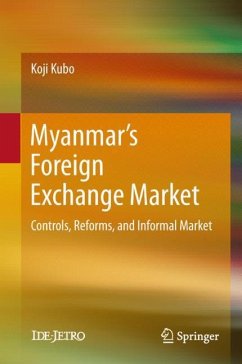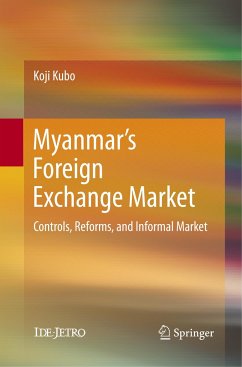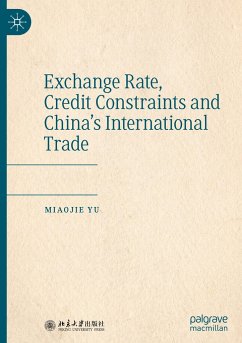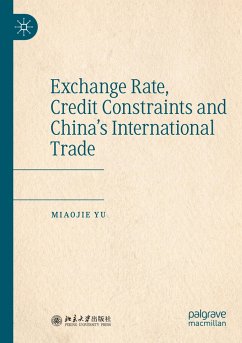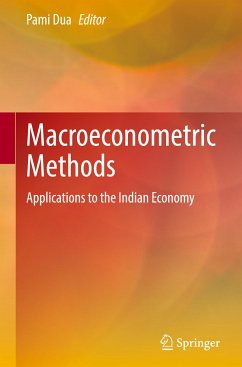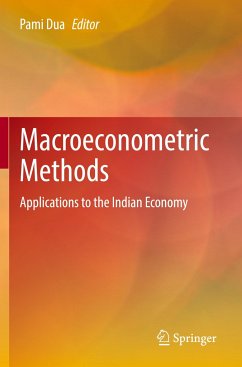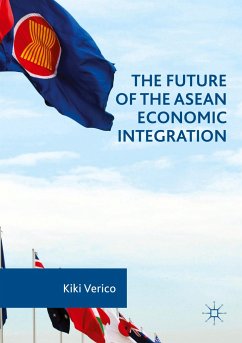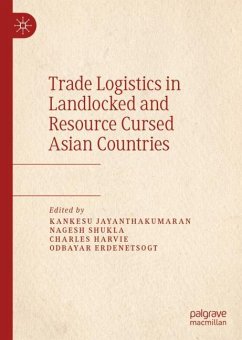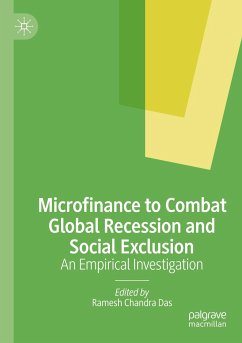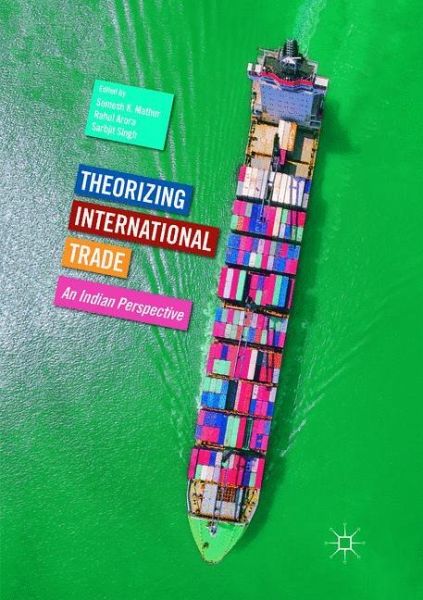
Theorizing International Trade
An Indian Perspective
Herausgegeben: Mathur, Somesh K.; Arora, Rahul; Singh, Sarbjit
Versandkostenfrei!
Versandfertig in 6-10 Tagen
87,99 €
inkl. MwSt.

PAYBACK Punkte
44 °P sammeln!
This book discusses the developments in trade theories, including new-new trade models that account for firm level trade flows, trade growth accounting using inverse gravity models (including distortions in gravity models), the impact of trade liberalization under the aegis of regional and multilateral liberalization efforts of economies using partial and general equilibrium analysis, methodologies of constructing ad valorem equivalents of non-tariff barriers, volatility spillover effects of financial and exchange rate markets. The main purpose of the book is to guide researchers working in th...
This book discusses the developments in trade theories, including new-new trade models that account for firm level trade flows, trade growth accounting using inverse gravity models (including distortions in gravity models), the impact of trade liberalization under the aegis of regional and multilateral liberalization efforts of economies using partial and general equilibrium analysis, methodologies of constructing ad valorem equivalents of non-tariff barriers, volatility spillover effects of financial and exchange rate markets. The main purpose of the book is to guide researchers working in the area of international trade, especially focused on empirical analysis of trade policy issues by updating their knowledge on issues related to trade theory, empirical methods, and their applications. The book would prove useful for policy makers, academicians, and researchers.



